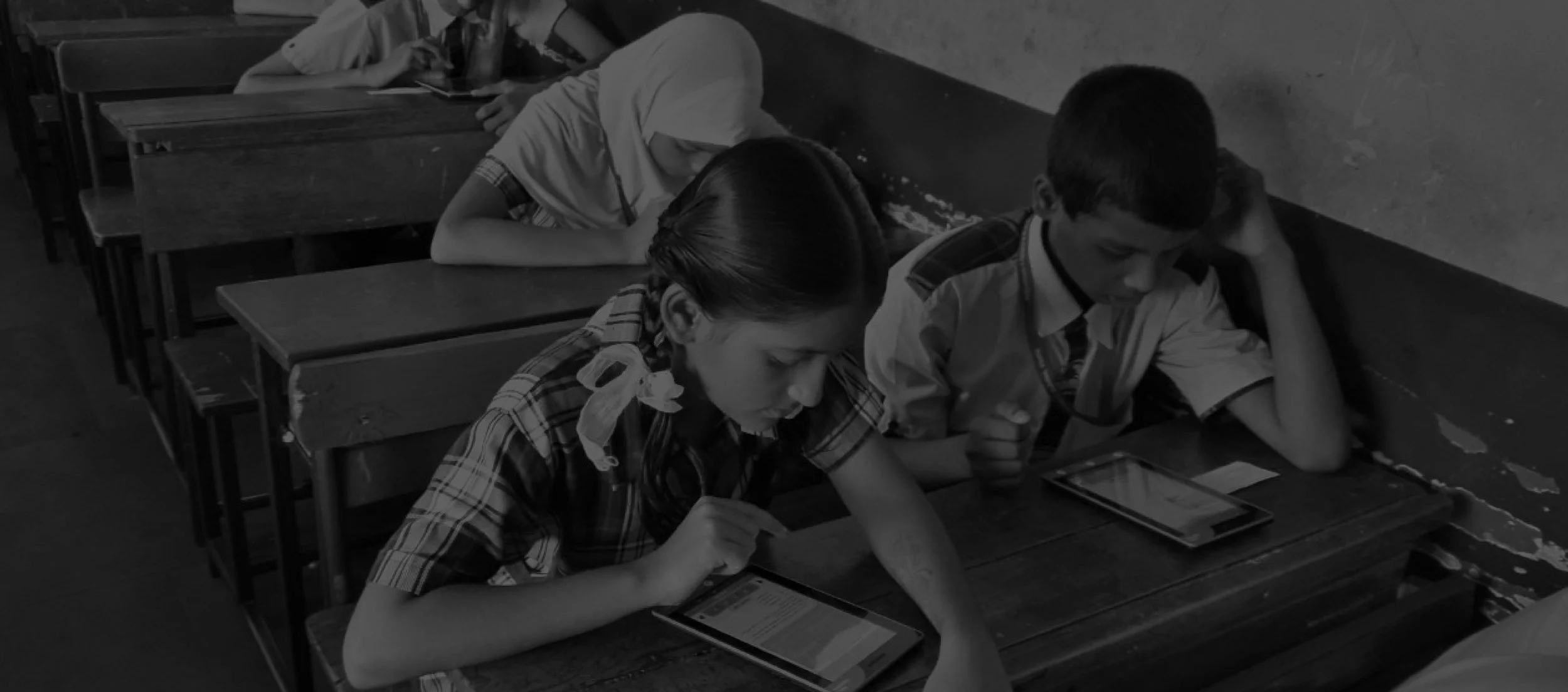In 2018, the British Asian Trust and UBS Optimus Foundation built a new investment instrument, known as Quality Education India Development Impact Bonds (QEI - DIB), of $11 million to invest in select non-profits and social enterprises for improving quality of education in India. CGI was selected as an independent, third-party outcomes assessor to set targets for learning outcomes and determine whether implementing organisations have met targets.
Development Impact Bonds (DIBs) are an innovative financing technique in the social impact sector where financial returns are linked to measurable development goals. This reorients organisations to focus on outcomes over inputs through financial incentives. The DIB Investor Steering Committee directed the investment to three implementing organisations:
Gyan Shala
Society for All Round Development
Kaivalya Education Foundation
Findings from these evaluations will be used to improve impact metrics for the implementing NGOs and ensure future funding to scale the interventions.
Assessment Snapshot in Year 1
20,000+
Students
Assessed
300
Schools
assessed
3
Interventions
measured
The challenge
The outcomes assessor is at the fulcrum of the DIB design playing a crucial role in moving such innovations forward. The challenges in this case were:
Each of these organisations is unique in the nature of their intervention, financial cost per child and the level of participation. CGI’s challenge was to design impact assessments customised for each organisation yet comparable across the gamut of learning outcomes
Target setting using a combination of data from past impact measurements, secondary research and extrapolation methods is a complex process that involved analytics, education sector expertise and accurate measurement models
The biggest challenge was also navigating the multi-stakeholder environment and achieving buy-in for the assessment process and targets with service providers
Expected Outcomes
Assessments are the fulcrum of development impact bonds. Without reliable and accurate measurement of outcomes,the entire premise of pay-outs based on performance becomes questionable. DIB is pioneering a movement to increase outcome-based funding in the development sector and push the wheel of impact investing faster toward a better future. CGI takes great pride in being a part of such bold and innovative social experiments.
Our Approach
CGI has been chosen as the impact evaluator for this $11 million (DIB), funded by the UBS Foundation in partnership with the British Asian Trust, and the Governments of Delhi & Gujarat.
Bringing in child-centric, best practices
Industry best practises call for Early Childhood Education (ECE) Assessments to be oral as opposed to in writing. CGI drew from the latest theoretical research in psychometrics, using delta-dimensional analysis under the expertise of UC Berkeley’s BEAR center, to adopt a model that would allow oral and written tests to be incorporated into a single scale for comparison. This tool, now called EARN, is unique to CGI, in that it allows one to track growth in learning outcome of children from Grade 1 to 10.
Designing for scalability
CGI automated its reports for partner enterprises, speeding up data processing and output generation. These digital reporting mechanisms weave in scalability into the project, allowing us to analyse and share large datasets across the vast number of stakeholders in the project.
Setting targets against standardised benchmarks
Every year CGI creates benchmark data for how much a child should know at each grade. CGI gathers a diverse set of data over the course of a year (from all brackets of Affordable Private Schools, government schools across the country) and this can be used as a representative sample against which CGI measures, if there is no comparison group available.
“What struck me most about Convegenius Insights was how they handled the transfer of knowledge with organisations who weren’t well-versed with the technicalities of assessments. They were very patient in answering questions and thorough with sharing their findings from the data they had collected.”
Rely on our assessments to make better decisions with data.
We work with a wide range of clients including funders, social responsibility arms of corporates, schools as well as government and private schools.


